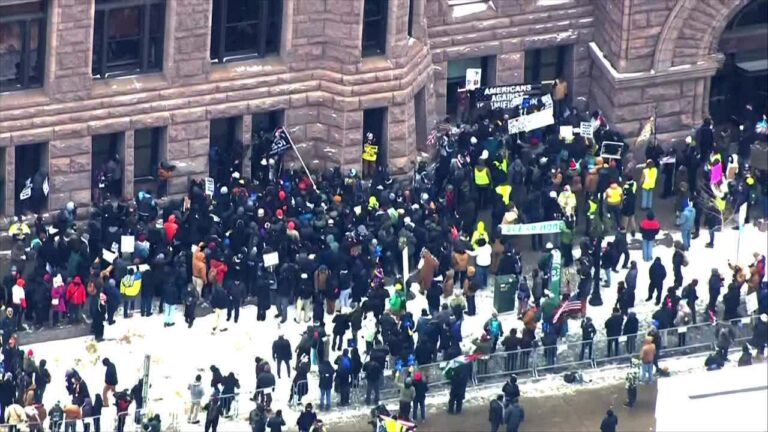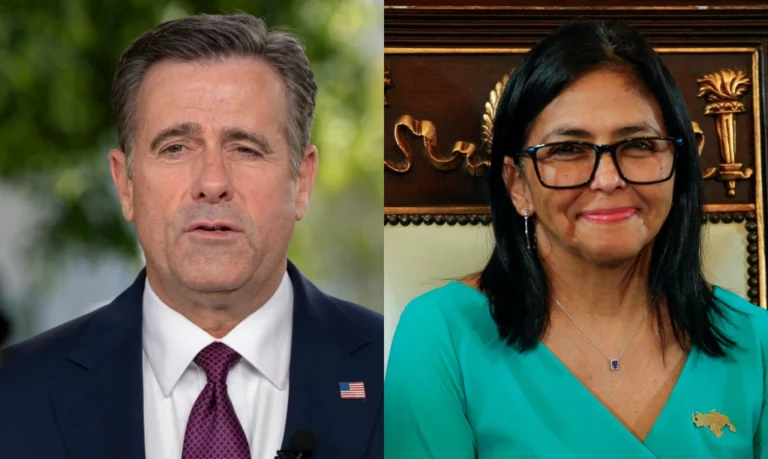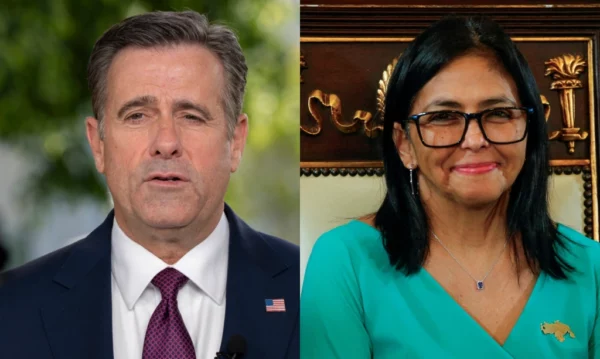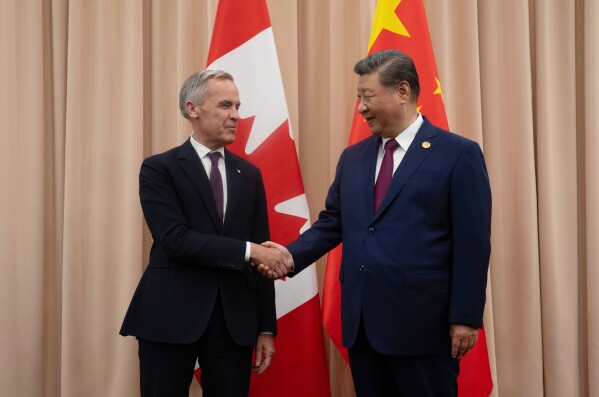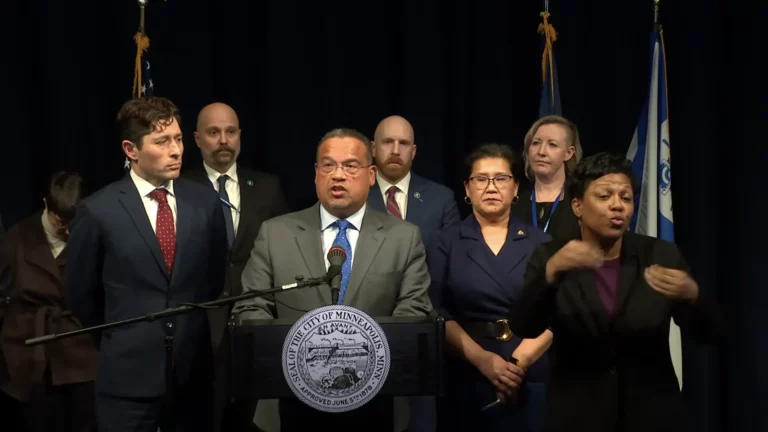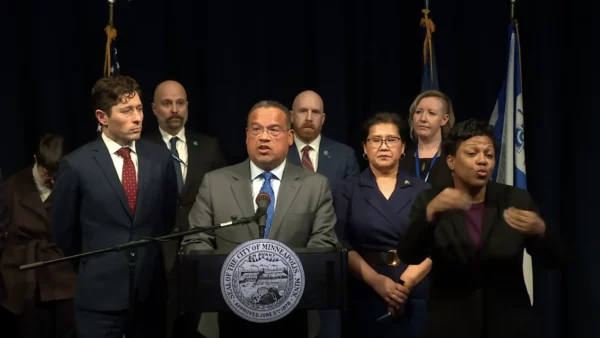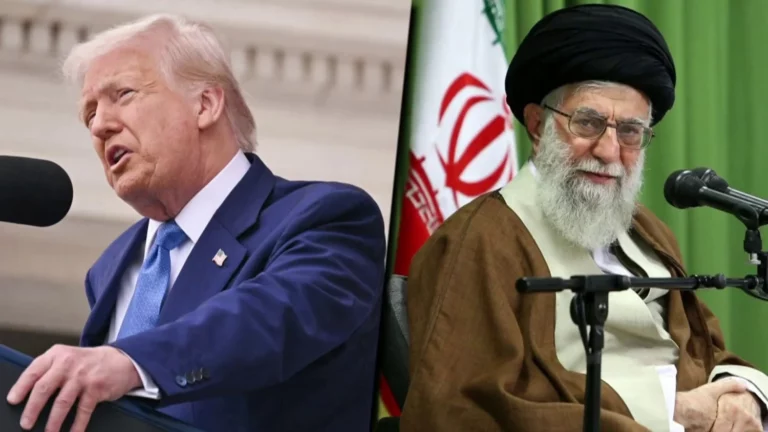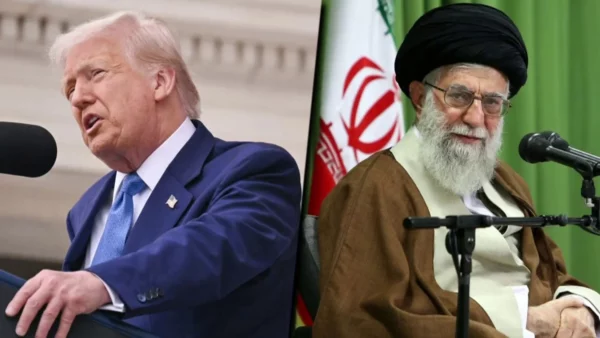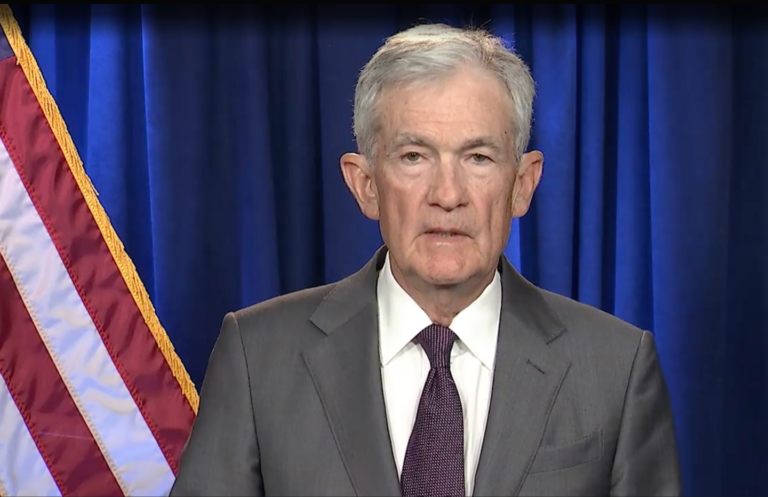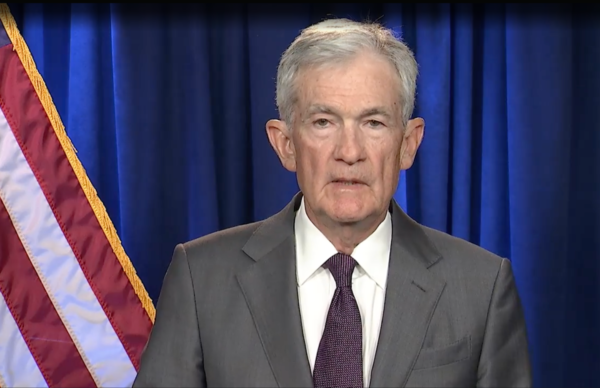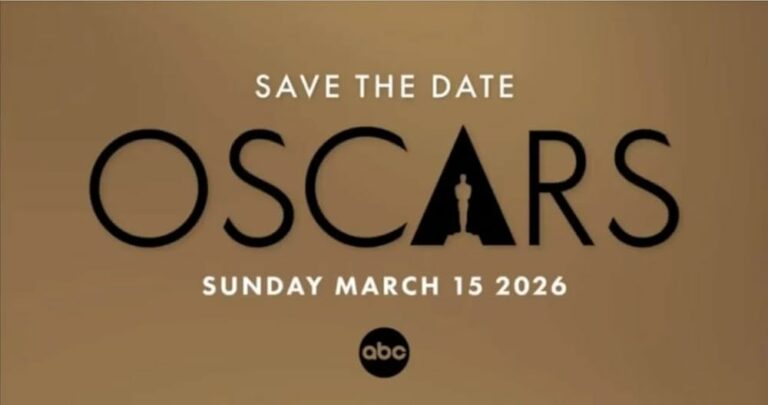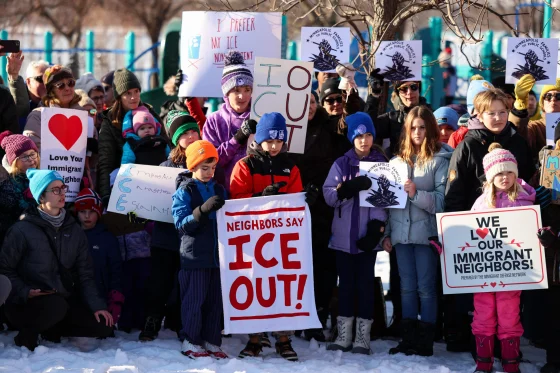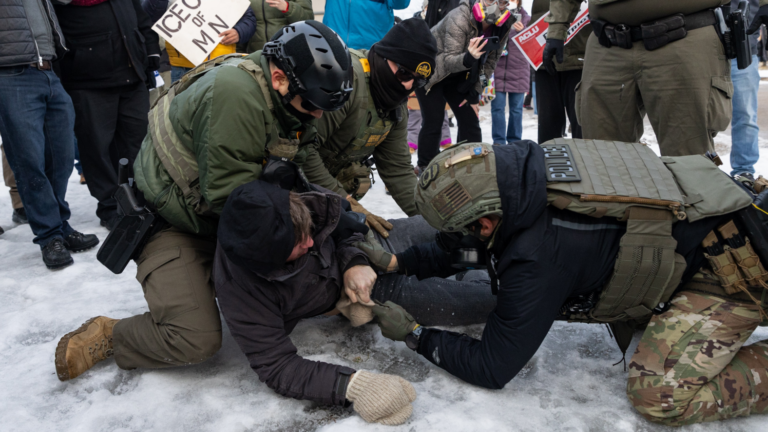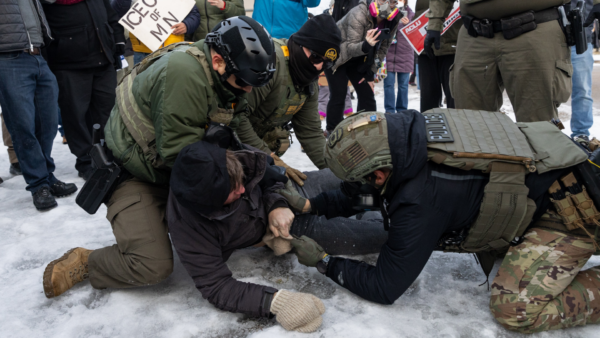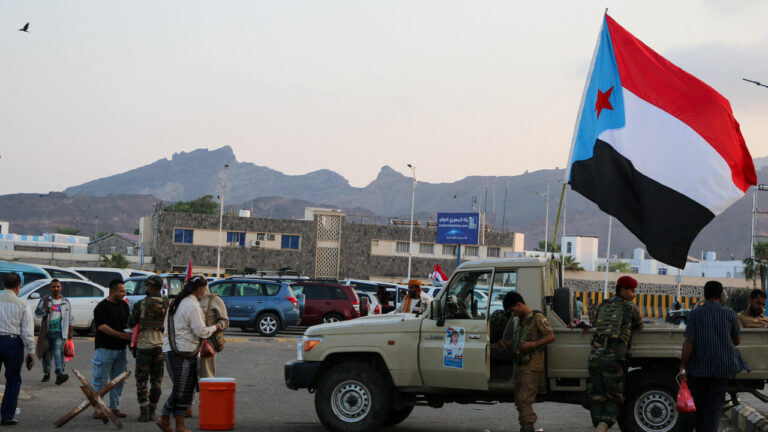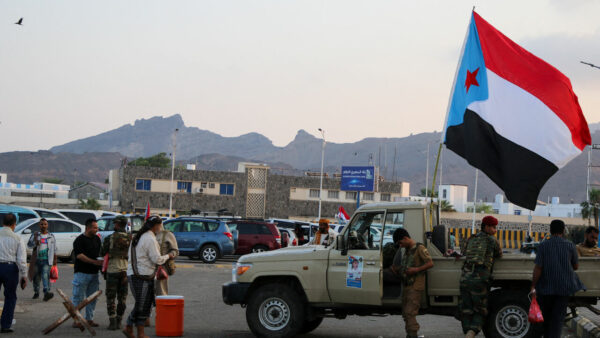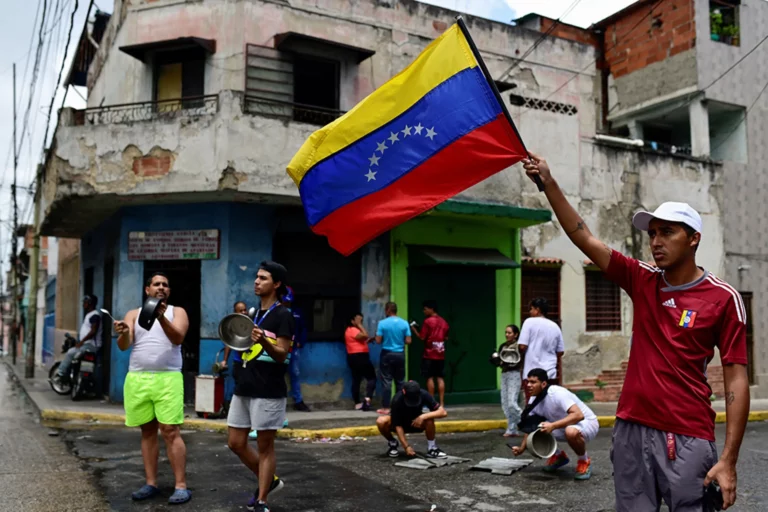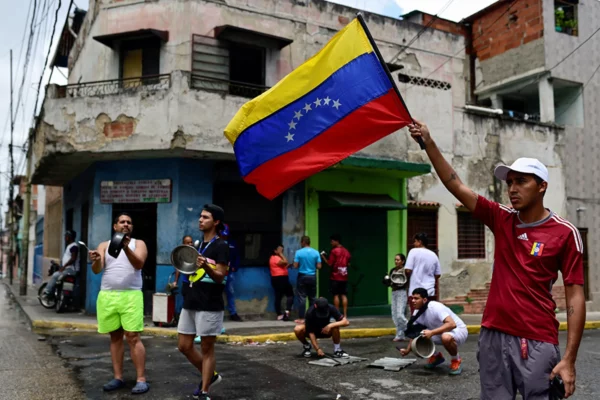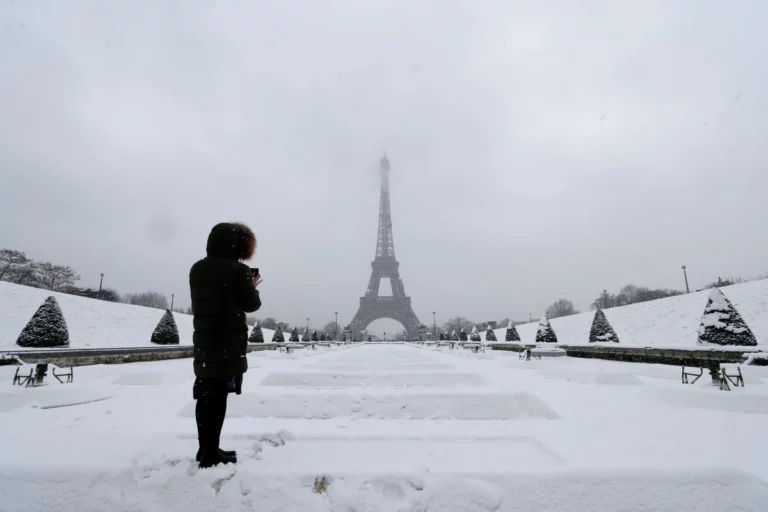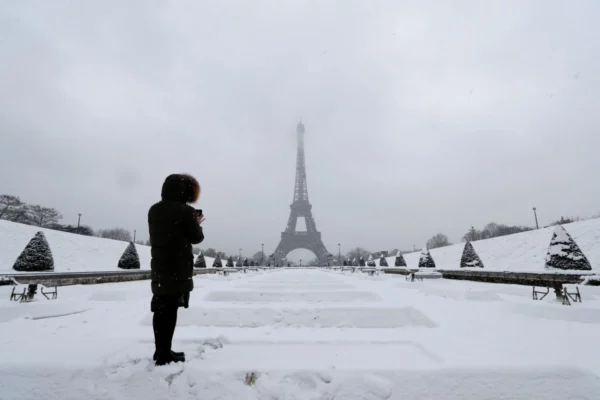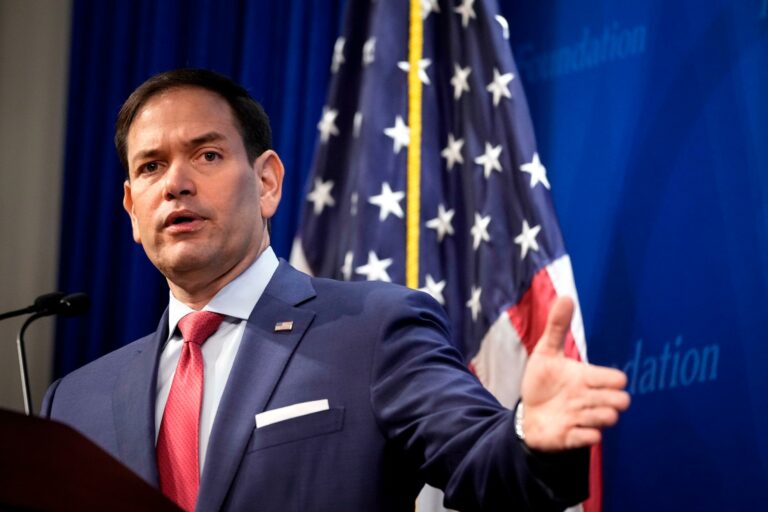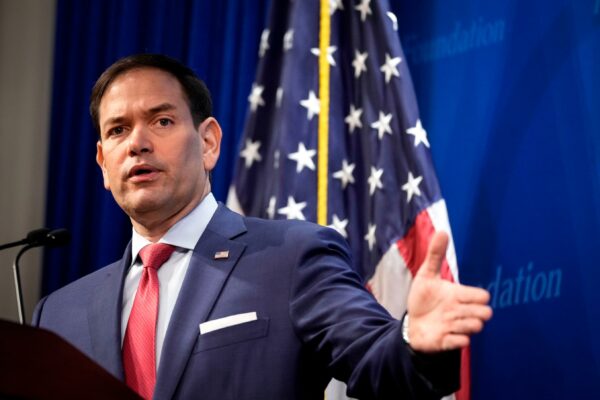MINNEAPOLIS — The shadow of the Insurrection Act loomed over the Twin Cities on Sunday as the Pentagon placed approximately 1,500 active-duty U.S. soldiers on high alert, ready to deploy within hours if the city’s anti-ICE protests spiral into further chaos.
The move, described by defense officials as “prudent planning,” marks a dramatic escalation in the standoff between the Trump administration and Minnesota leaders. The soldiers, primarily paratroopers from the 11th Airborne Division based at Fort Wainwright, Alaska, have been shifted to a four-hour recall status. This “prepare-to-deploy” order serves as a cold warning to a city that has seen eleven consecutive days of unrest following the fatal shooting of 37-year-old Renée Nicole Good by a federal agent.+1
“If the corrupt politicians of Minnesota don’t obey the law and stop the professional agitators… I will institute the INSURRECTION ACT,” President Trump warned in a weekend social media post, heightening fears of the first domestic use of active-duty combat troops in over three decades.
The Military Footprint: National Guard vs. Active Duty
While the Pentagon eyes the 11th Airborne as a “contingency option,” Governor Tim Walz has already activated his own local defense. On Saturday, Walz mobilized the Minnesota National Guard, with roughly 3,200 members now staged and ready.+1
Unlike federal troops, the National Guard remains under the Governor’s control and is focused on “preservation of life and property” rather than law enforcement. To distinguish themselves from the thousands of federal ICE and Border Patrol agents currently saturating the city, Guard members have been ordered to wear bright reflective vests over their camouflage.
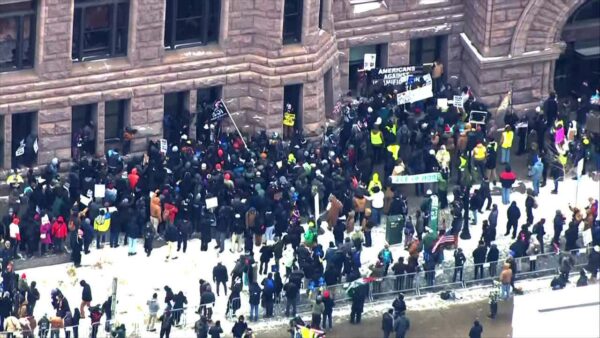
A Weekend of Near-Misses
The shift in military readiness follows a volatile Saturday that saw downtown Minneapolis transform into a patchwork of protest zones.
- The Whipple Siege: Protesters continued to surround the Bishop Henry Whipple Federal Building, the fortified headquarters for the 2,000 federal agents involved in “Operation Metro Surge.”
- The Counter-Protest Clash: Tensions peaked when a small group of far-right activists, led by pardoned Jan. 6 rioter Jake Lang, attempted a “Pro-ICE” rally at City Hall. They were quickly overwhelmed and chased several blocks by hundreds of anti-ICE demonstrators.+2
- Property Damage: While major violence was avoided, Minneapolis police reported that the Depot Renaissance Hotel sustained thousands in damage, including shattered windows and extensive graffiti.
The Legal Standoff
The mobilization of paratroopers in Alaska is the latest chip in a high-stakes poker game between St. Paul and Washington. The Justice Department has already launched a criminal investigation into Governor Walz and Mayor Jacob Frey for “obstructing” immigration enforcement, a move the Governor has dismissed as a “political sham.”
“We have every reason to believe that peace will hold,” Governor Walz said, while acknowledging he has spoken twice with Defense Secretary Mark Esper and the Chairman of the Joint Chiefs of Staff. “But we will not be intimidated by the threat of federal boots on our streets.”
The 11th Airborne, specialized in cold-weather operations, is uniquely suited for a mid-January deployment to the Upper Midwest. However, experts warn that invoking the Insurrection Act to deploy them would be a “nuclear option” for the administration, potentially triggering a constitutional crisis that exceeds the very unrest it seeks to quell.
